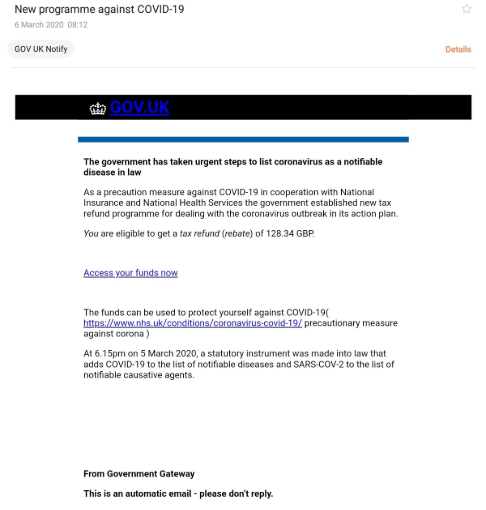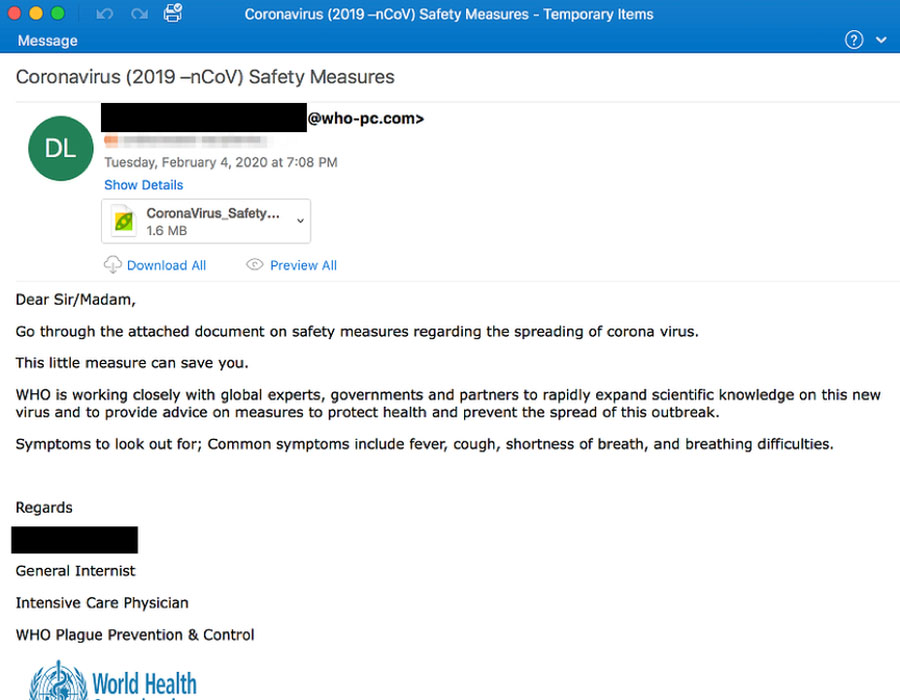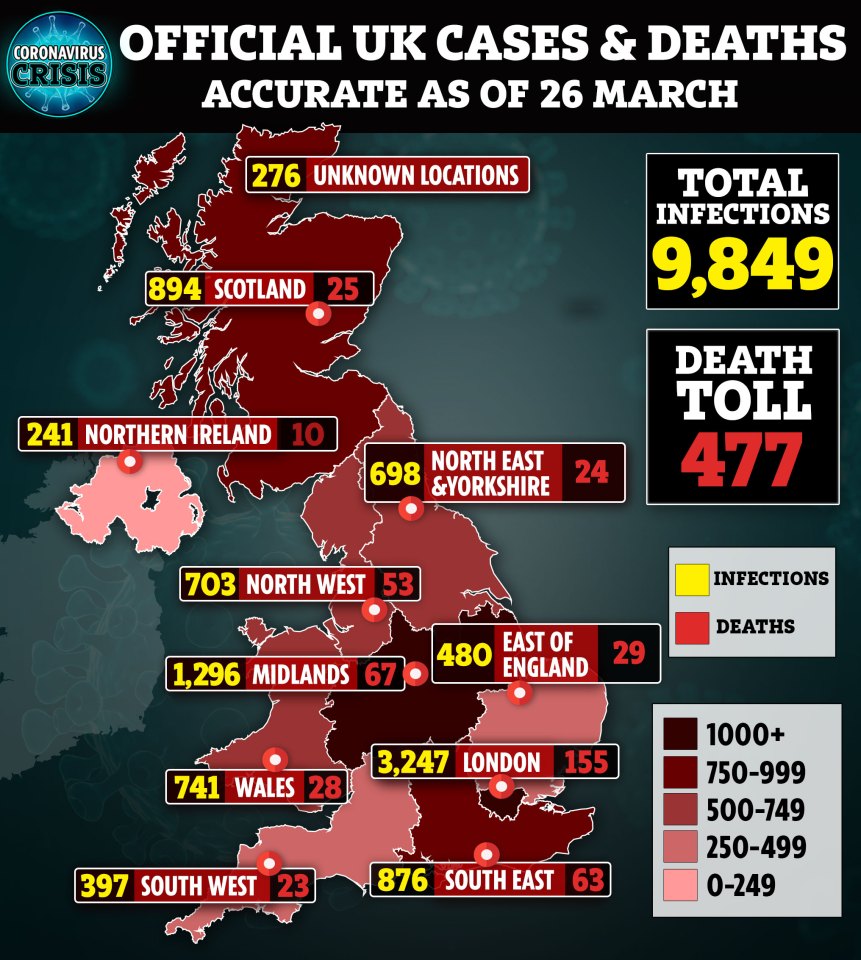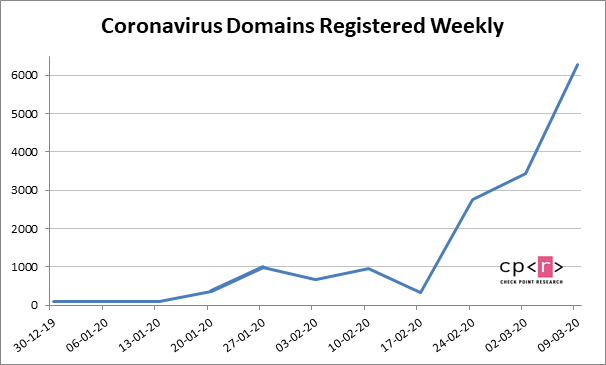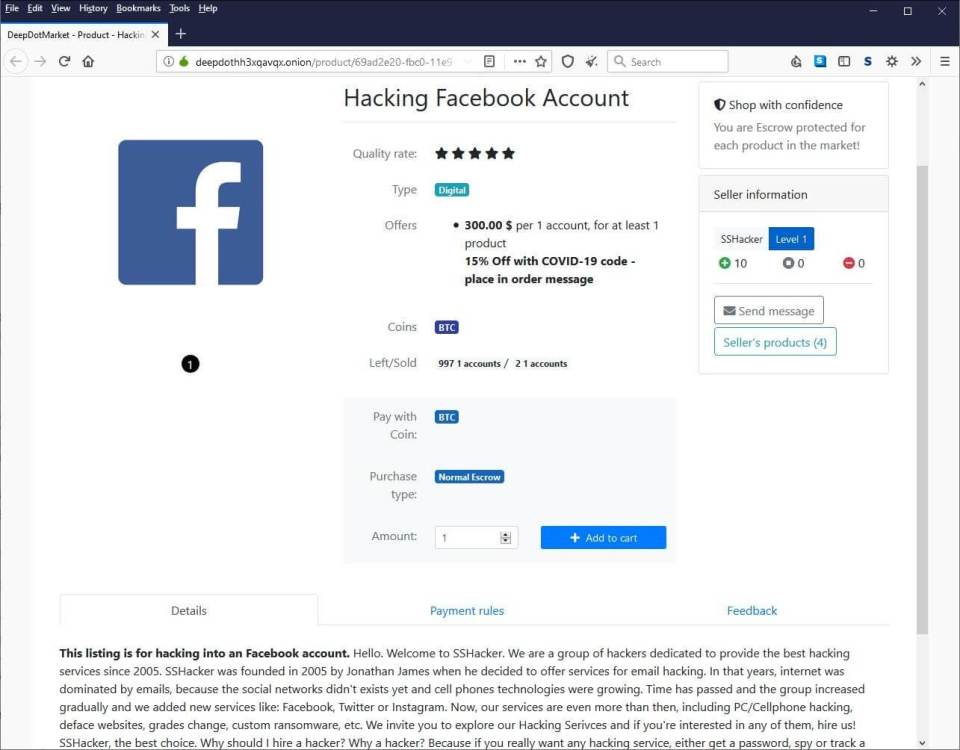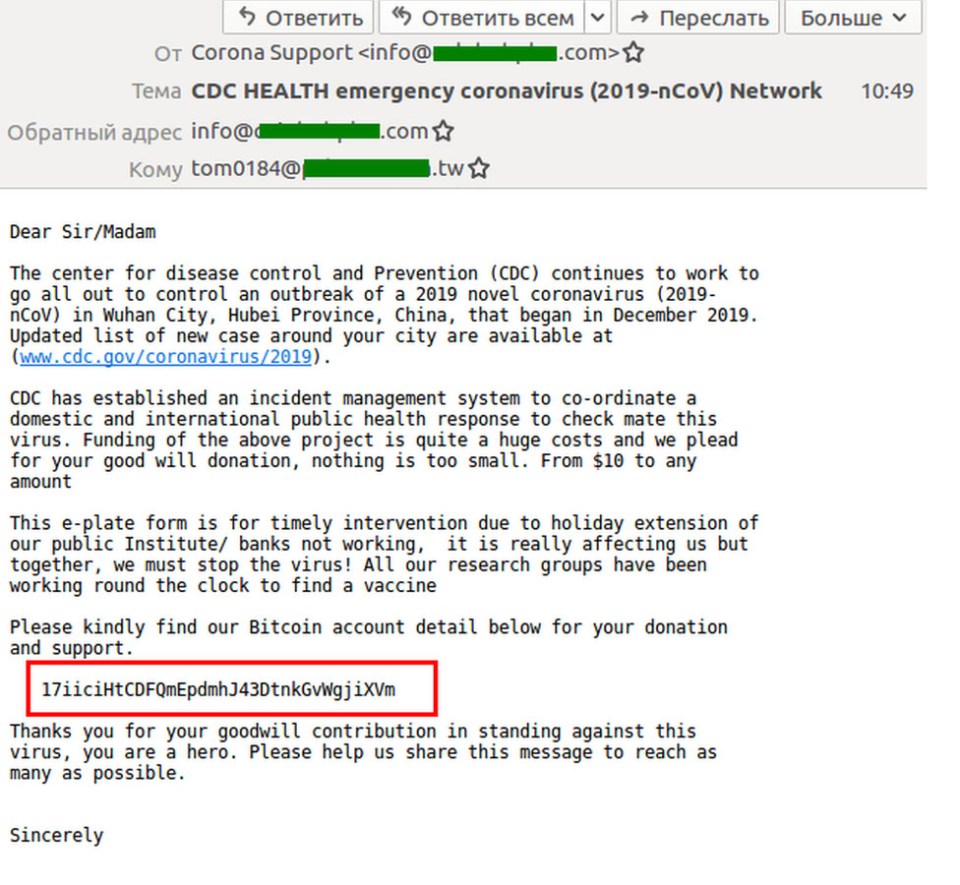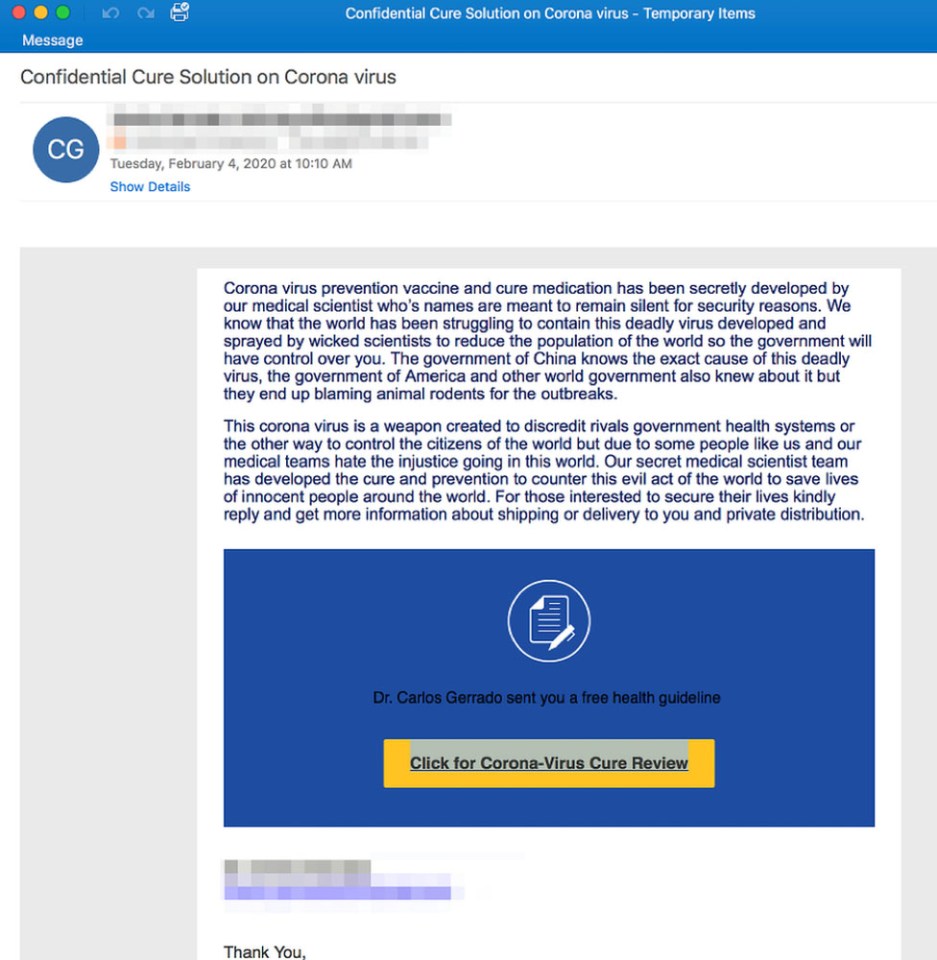Sick cyber fraudsters are preying on coronavirus fears to try and scam terrified Brits

SICK fraudsters are creating thousands of new scams every day to try and cash in on the Covid-19 pandemic, a Sun Online investigation can reveal.
We have discovered how more than 16,000 internet-domain names related to coronavirus have been set up with the intention of conning unsuspecting members of the public.
⚠️ Read our coronavirus live blog for the latest news & updates
Internet-security expert Neil Doyle warned: “It’s like the wild-west out there and it only shows signs of getting worse and worse. People need to be on their guard.”
Researchers at web-security firm Check Point Research are so concerned by the problem that they are now officially tracking an explosion in pandemic-linked cons.
They say new sites are being set up at the rate of 6,000 A WEEK.
The criminals usually choose domains names that include phrases like “corona” and “covid” in frauds called phishing.
Those behind the crimes send out emails containing poisoned links which install software on a victim’s computer if clicked on.
This then gives criminals the opportunity to hack into a person’s data.
Some scams include the sending of emails which appear to be from official organisations to trick people into revealing login details and banking information.
The Sun Online revealed how one phishing scam saw crooks send e-mails claiming to be from the Government offering recipients tax refunds to cope with the coronavirus crisis.
Several fake "diagnosis" scams and hoaxes are doing the rounds online. Instagram has already banned rogue coronavirus filters that claim to "diagnose" your condition.
Fraudsters have also impersonated the World Health Organisation and urges victims to open a document that supposedly contains information about how to stay safe.
Criminals have also been promoting websites that display dashboards showing the spread of Covid-19 around the world which when download malware on to victims' machines.
They install a notorious so-called Trojan horse program called AZORult which can steal IDs, passwords, banking information, browsing histories and cryptocurrency keys.
Hackers are also using markets on the dark web to sell manuals for committing Covid-19-realted fraud, including get-rich-quick schemes related to foreign currency trading.
Check Point Research say hackers are even offering coronavirus discount codes to criminals on the dark web for a wide range of services including hijacking Facebook accounts and supplying malware.
They are hoping the pandemic will be a massive open-door for internet fraud.
Another popular scam has seen criminals claiming to be selling large numbers of face masks before taking victims' money without sending any goods.
Action Fraud revealed one person had been conned out of £15,000 after placing an order for thousands of masks.
What is phishing?
Here's what you need to know...
- Phishing is a type of online fraud
- It's typically an attempt to nab some of your data
- Phishing generally involves scammers posing as a trustworthy entity
- For instance, fraudsters could send you an email claiming to be your bank, asking for details
- Scammers can also set up fake websites that look like real ones, simply to hoodwink you
- Phishing can take place over email, social media, texts, phone calls and more
- The best defence against phishing is to be generally sceptical of weblinks and emails, especially if they were unsolicited
Details of the scams affecting Brits come as reports rise about other cons happening around Europe.
There are rising reports of criminals visiting victims' homes across the continent posing as landlords and police officers.
Other incidents have seen people posing as police officers and visiting the homes of elderly people and offering to withdraw cash from ATMs using their bank cards.
Con artists pretending to be from the British Red Cross have been knocking on the doors of the elderly and vulnerable, offering to help with their shopping.
They take the money and don't return.
OPPORTUNISTIC ATTACKS
A series of opportunistic incidents were reported across the country in the past few days.
In Bristol, two delivery vans were destroyed in arson attacks outside an Iceland store in Southmead on Monday night.
Richard Walker, the food retailer's managing director, said: "At a time when home delivery is literally a lifeline for some vulnerable people, this is sickening."
The retailer warned the vans would both have to be written off at a time when its delivery fleet was running at full capacity.
On Saturday, three men stole oxygen and nitrous oxide canisters after breaking into a locked unit at a delivery loading area of Withington community hospital, south Manchester.
On Sunday morning, paramedics arrived at a vehicle preparation centre in Ramsgate, Kent, to find holes had been drilled into the tyres of six ambulances.
The vehicles were taken off the road as the ambulance service announced it was under pressure.
Later the same day, a West Yorkshire police officer claimed on Twitter that she and her colleagues had been faced with crowds "spitting on the floor and coughing at us", as well as being pelted with eggs, as they responded to a serious incident.
Three teenagers were also arrested on Friday after an elderly couple were allegedly coughed at and assaulted in Hertfordshire.
CORONAVIRUS CRISIS - STAY IN THE KNOW
Don't miss the latest news and figures - and essential advice for you and your family.
To receive The Sun's Coronavirus newsletter in your inbox every tea time, .
To follow us on Facebook, simply .
Get Britain's best-selling newspaper delivered to your smartphone or tablet each day - .
most read in news
On Thursday, a food bank in Knottingley, West Yorkshire, was forced to close after thieves raided a storage container for donations including sanitary products and toilet rolls.
There have also been reports of NHS workers being targeted for their ID-badges by muggers. They then use them to jump the queues at supermarkets.
It has prompted many hospitals to issue new guidance to their staff warning them to be careful - especially when leaving at night.




